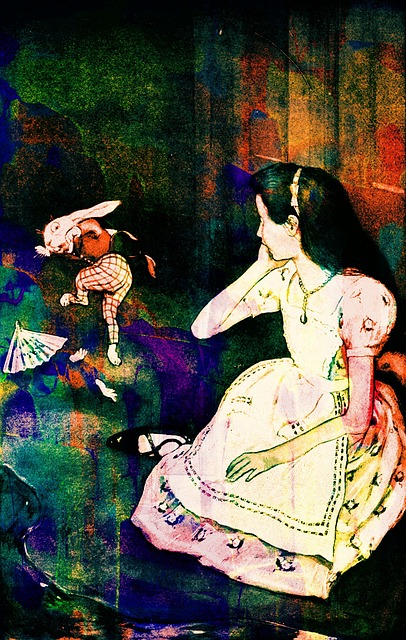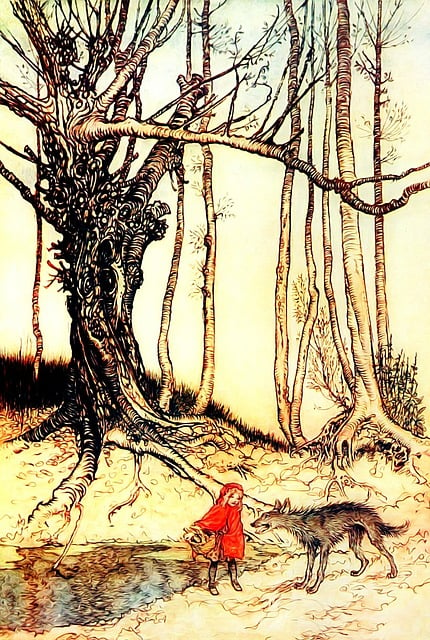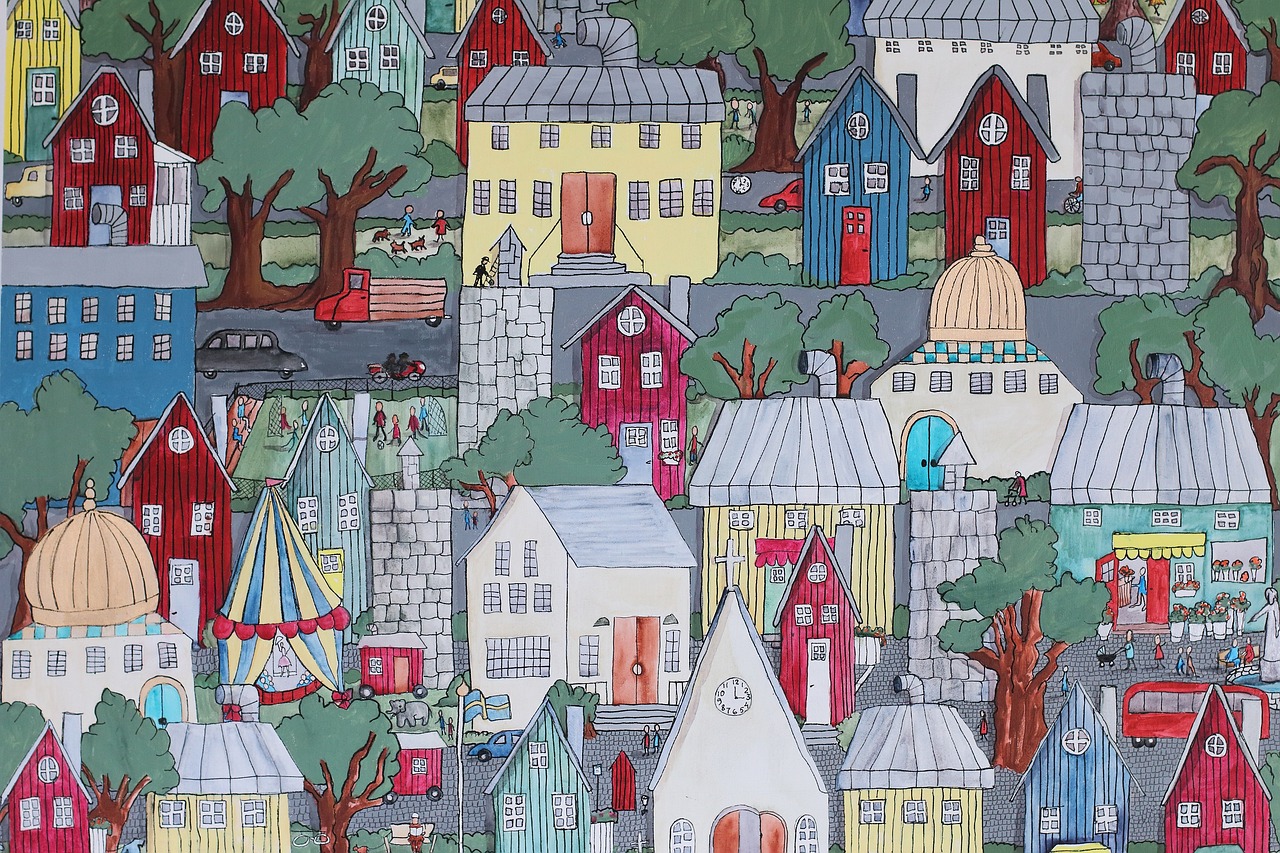In literature, understanding themes is key to grasping the deeper meaning of a story. A theme is a central, universal idea, lesson, or message explored in a literary work. Themes are essential as they provide insight into the human condition, offering a broader truth that applies both to the fictional world and the reader’s life. In this comprehensive exploration, we dive into “what is theme” and themes in literature, uncovering their importance and impact. Get a theme definition, theme examples, learn what is a theme, and gain a deeper understanding of the significance of themes in literature, and the various ways they are woven into the fabric of literary works.


What is a Theme? Defining Themes in Literature
Themes in literature are the core concepts that stories revolve around. What is a theme? Here is a definition.
Theme definition: A theme encapsulates the central idea or message that an author conveys through their work. Authors use characters, plots, and settings to convey these ideas. Think of themes as the backbone, providing structure and meaning. Every piece of literature carries themes, waiting for readers to uncover their layers.
A theme encapsulates the central idea or message that an author conveys through their work.
Themes serve as the underlying framework that adds depth and resonance to literary works. They offer readers a lens through which to interpret the story’s events, messages, and what is a theme. Themes may not always be explicitly stated, but they create a cohesive thread that ties the narrative together and provides insight into the author’s intentions. Themes resonate with readers on a personal level, inviting them to contemplate and relate to the story’s universal truths.
The Importance of Themes in Literature
Themes like love, bravery, and survival resonate across literature. These themes create connections between readers and characters. Theme example: In To Kill a Mockingbird, the theme of fairness prompts us to question societal values. Themes bridge the gap between fiction and real life, speaking to universal struggles.
The emotional core of literary works, themes resonate with readers by touching on fundamental aspects of the human experience. They offer a lens through which we can examine our own lives, values, and beliefs. Love, courage, and survival are recurring themes that evoke empathy and draw readers into the characters’ worlds. By tapping into these universal themes, authors invite readers to reflect on their own beliefs and emotions.
Recognizing themes requires a keen eye and an understanding of the subtleties within a narrative. It involves analyzing character motivations, plot developments, and the emotions evoked by the text. By identifying themes, readers gain a deeper appreciation of an author’s intentions and the layers of meaning within the story.
Theme Examples: Common Themes in Literature
Several themes frequently appear across literary works, reflecting various aspects of the human experience:
- Love
- Redemption
- Mortality
- Conflict between nature and humanity
- Good versus evil
- Power dynamics
- Individual versus society
Theme examples: Take the classic “Romeo and Juliet,” where the theme of love’s enduring power unfolds amidst the feuding houses. Conversely, in George Orwell’s 1984, themes of totalitarianism and resistance create a dystopian landscape. These themes connect readers to characters’ experiences, making stories relatable. In To Kill a Mockingbird, the theme of justice resonates, questioning societal fairness. Themes capture the human struggle, transcending time and culture. Love and relationships, the eternal struggle between good and evil, the transformative journey of coming of age, the dichotomy of freedom and oppression, and the evolving interplay between nature and technology – these enduring themes captivate readers across eras.
Love and Relationships:
Exploring the complexities of human connection, love, and relationships are themes that consistently appear in literature. Whether it’s the passionate romance of Shakespeare or the modern exploration of companionship, these themes reflect our innate desire for connection.
- Theme Example: Shakespeare’s “Romeo and Juliet” uses the power of love as a theme to drive its tragic plot.
Good vs. Evil:
The eternal struggle between good and evil is a theme that captivates readers across genres. It examines morality, ethical dilemmas, and the choices characters make in the face of adversity.
- Theme Example: J.R.R. Tolkien’s “The Lord of the Rings” series classically explores the theme of good versus evil, portraying an eternal struggle between darkness and light, and highlighting the enduring resilience of goodness against overwhelming evil.
- Theme Example: William Golding’s “Lord of the Flies” provides a profound exploration of the theme of good versus evil by illustrating how the veneer of civilization can quickly give way to the more primal instincts of power and cruelty.
Coming of Age:
The journey from youth to adulthood is a transformative experience that resonates with readers of all ages. Coming-of-age themes explore growth, self-discovery, and the challenges of transitioning into maturity.
- Theme Example: J.D. Salinger’s “The Catcher in the Rye” is a seminal work that delves into the angst and alienation of transitioning from youth to adulthood, and the turbulent path to understanding oneself.
- Theme Example: S.E. Hinton’s “The Outsiders” is a poignant exploration of the quintessential struggles and revelations of adolescence.
Freedom and Oppression:
Themes of freedom and oppression delve into the complexities of power dynamics, social injustice, and the pursuit of liberty. Literature often serves as a platform to critique societal norms and advocate for change.
- Theme Example: In John Steinbeck’s “The Grapes of Wrath,” themes of inhumanity in capitalism, and the importance of family and friendship are central.
- Theme Example: George Orwell’s “1984” explores themes of totalitarianism, freedom, and individuality.
Nature vs. Technology:
As the world evolves, so do our themes. The tension between nature and technology reflects our changing relationship with the environment and the ethical dilemmas posed by advancements in science and industry.
- Theme Example: Aldous Huxley’s “Brave New World” delves into the conflict between the natural human experience and the influence of advanced technology.
Themes Over Time: Analyzing Cultural and Societal Influence
Themes in literature evolve alongside societal shifts and cultural changes. From the classics to contemporary works, themes adapt to reflect the concerns and aspirations of each generation, offering insights into the collective human experience.
Authors often revisit classic themes, applying them to contemporary contexts to shed new light on age-old concepts. For instance, the theme of identity is explored in both Shakespearean plays like “Hamlet” and more modern works like Jhumpa Lahiri’s “The Namesake.” In “Hamlet,” the protagonist’s struggle with self-identity is entwined with his quest for revenge, highlighting the tension between one’s internal perception and external expectations. On the other hand, “The Namesake” delves into the intricate layers of cultural and personal identity, following the journey of an immigrant family in a foreign land. These different interpretations of the same theme offer readers an opportunity to consider how societal shifts influence the way themes are portrayed and understood. Through these evolving themes, literature maintains its relevance, offering readers a way to explore the complexities of the human experience through a changing cultural lens.
Themes hold a mirror to society’s shifting dynamics, offering readers a lens through which to examine the perspectives and values of different eras. Just as a theme like identity takes on distinct dimensions in different time periods, themes such as love, freedom, and justice also adapt to address the unique challenges faced by each generation.
Themes are inherently tied to the cultural and societal contexts in which they emerge. By examining the historical backdrop and societal norms of a literary work, readers can uncover deeper meanings and appreciate the nuances of a theme’s exploration. By exploring themes over time, readers gain a deeper appreciation for how literature serves as a reflection of society’s evolution, inviting us to consider the parallels between the stories on the page and the world outside.
How Authors Craft Themes in Literature
Crafting themes requires a deliberate and skillful approach. Authors employ various literary devices to develop and convey themes effectively. Symbolism, allegory, motifs, and character arcs all contribute to the subtle layers of meaning that enrich a narrative and invite readers to engage on multiple levels.
Authors strategically integrate symbols, motifs, and character development to convey the underlying messages of their stories. These thematic elements work together to create a cohesive and multi-dimensional narrative. By analyzing these components, readers can uncover the author’s intentions and gain deeper insights into the story’s meaning. Themes serve as a bridge between the fictional world and readers’ personal reflections, prompting them to contemplate their own experiences and beliefs.
The Role of Reader Interpretation
By connecting personal experiences to themes, readers find deeper meaning.
Themes in literature have a remarkable ability to resonate with readers on a personal level. Themes invite readers to engage actively. They resonate differently with each person. By connecting personal experiences to themes, readers find deeper meaning.
Reader interpretation plays a vital role in the discovery of themes. As readers engage with a story, they bring their own life experiences and perspectives to the interpretation of its themes. This interaction between the narrative and the reader’s individual journey creates a deeply personal and introspective connection. Themes act as mirrors, reflecting the complexities of human nature and inviting readers to explore their own thoughts, emotions, and beliefs in relation to the story.
Educators utilize themes to engage students in critical thinking and promote literary analysis. By guiding students through the process of identifying, analyzing, and discussing themes, educators empower them to unlock the layers of meaning within a text.
Connecting with Stories on a Deeper Level
The question of “what is a theme?” finds its answer within the powerful conduits of themes in literature. Themes are integral to literature as they add depth and layers of meaning to a story. They influence how a story is written and are often subjective, allowing for personal interpretation by readers. Themes in literature serve to connect readers more deeply with the narrative, encouraging reflection on broader societal and personal issues.
Understanding themes enriches the reading experience, allowing readers to gain deeper insights into both the narrative and the human condition. Through themes, literature becomes a powerful tool for reflection and understanding, transcending time and culture to connect with readers on a profound level.
Explore more:
Meanwhile, at Dreamers…
2024 Micro Nonfiction Story Writing Contest Results

Congratulations to the winners of the 2024 Dreamers Micro Nonfiction Story Writing Contest, for nonfiction stories between 100-300 words.
2024 Place and Home Contest Results

Congratulations to the winners of the Dreamers 2024 Place and Home Contest, based on the theme of migration, place & home.